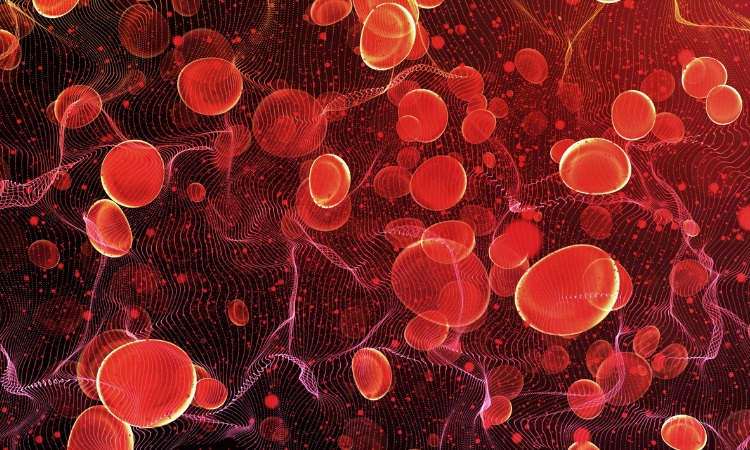If you feel tired, light-headed, and short of breath, you should make an appointment with your doctor. You may have anemia, a condition where your blood cannot get enough oxygen to your cells. Anemia has many underlying causes, but the most common types respond well to specialized treatment.
What is Anemia?
Anemia means your blood lacks enough healthy red blood cells to transport oxygen around your body. It can occur for many reasons. Some types of anemia are related to deficiencies in iron or vitamin B12. It can also happen because your bone marrow cannot make enough blood cells or because something is destroying your red blood cells faster than your body can replace them. Anemia causes several characteristic symptoms, but it is a symptom of something else occurring in the body.




